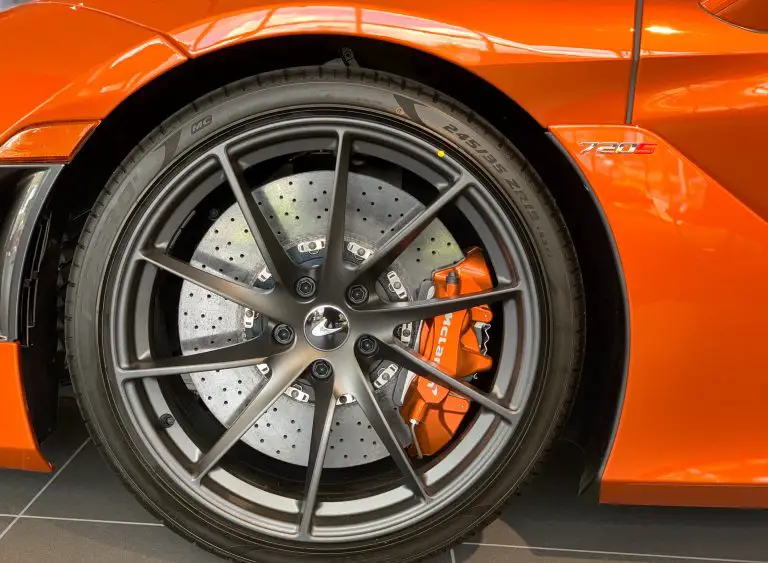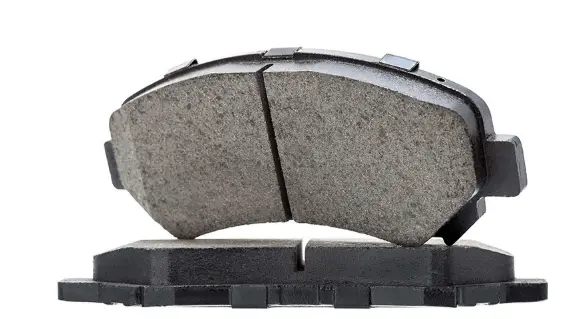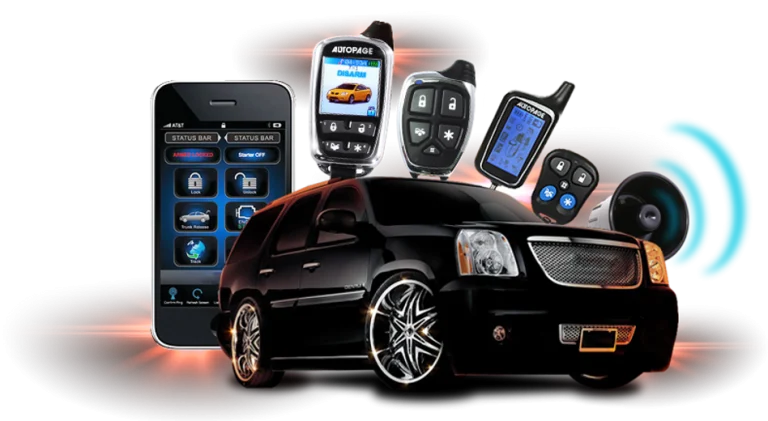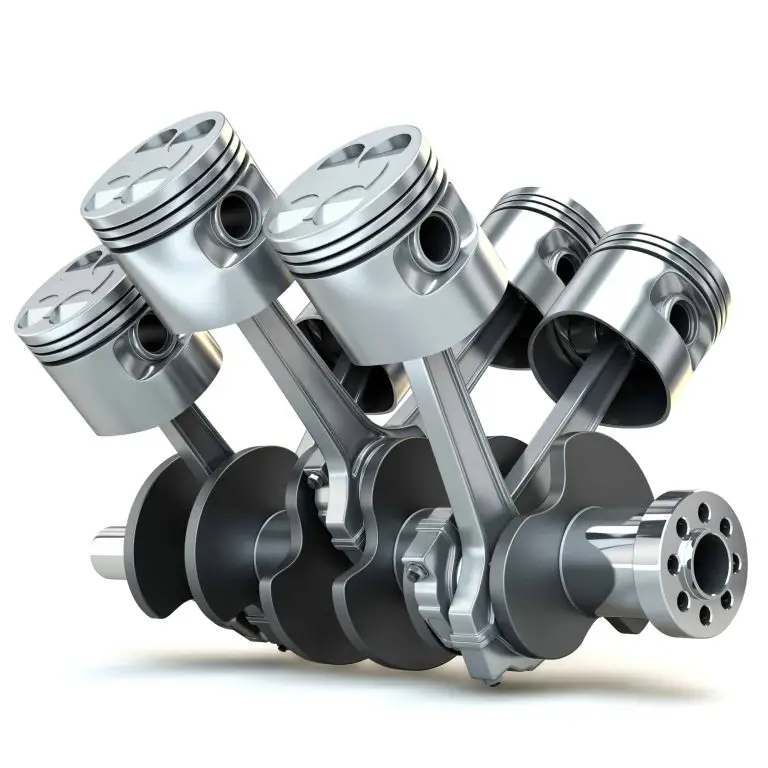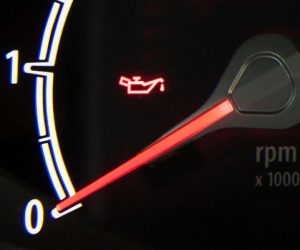Why are My Battery Light And Brake Light On at the Same Time?
All of the systems in your car are running as they are intended.
The brake light will turn on when there is a problem with your braking system, while the battery light will tell you there is a battery charging problem.
What Does It Mean?
If the battery light and the brake lights come on at the same time, it’s a high chance that your alternator is going to fail.
While it may still charge the battery, it might not be able to charge it at the required 13 volts.
There are other possibilities, including a fault with your braking system, a loose connection, or a faulty voltage regulator.
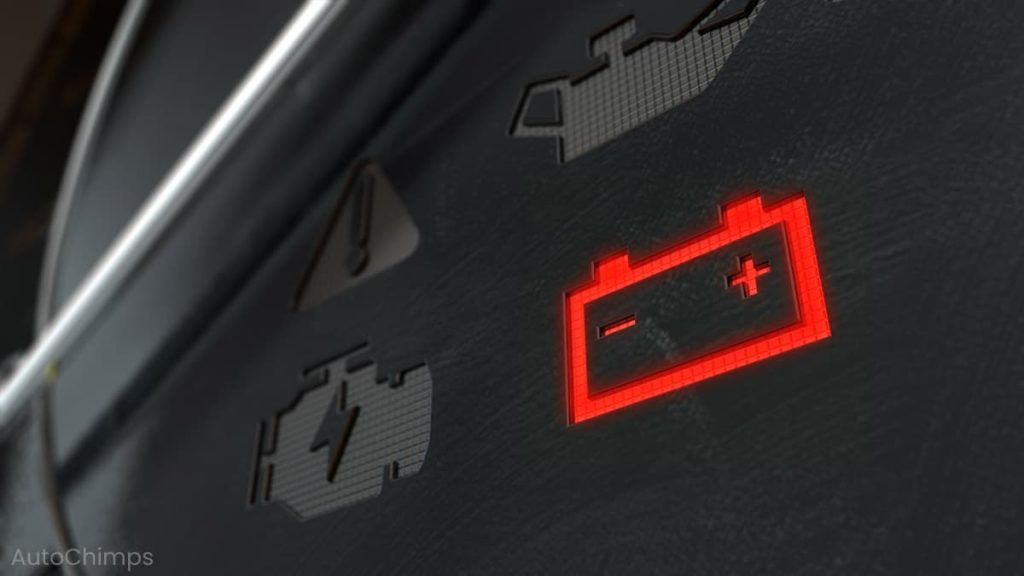
What Are the Reasons Behind This?
Failing Alternator
Depending on the car’s age, model, and make, the cost of replacing an alternator will be different. It is recommended that you spend at least $250 on the part itself and another $200 on labor.
When a customer comes in with his car having a problem, most of the time it’s a faulty alternator that’s causing the issue.
I always recommend getting your car fixed by a specialist as he will have the skills and knowledge required to fix it, even if you can test and diagnose the problem at home.
Here is a short guide on how to test your alternator. It can be really easy to test your alternator, even if you don’t have enough knowledge.
It is important to note that the output of some alternators will be different depending on the car model.
Follow the steps below:
- You should get your hands on a voltmeter.
- Your batterie’s terminals must be clean.
- The battery terminals should be connected to the voltmeter.
- While the engine is off, you should be getting a reading of between 12 and 13v.
- If you want to check for higher readings, start the engine and check.
- You should turn on your radio, headlights, and other electric components.
- The reading you are getting should be the same as before.
- The lower the reading, the more likely it is that your alternator is undercharging the battery.
- The higher the reading, the more likely it is that your battery is overcharging.
- I recommend visiting a car mechanic if the readings are off.
Will a Car Run With a Bad Alternator?
The short answer is, “it depends.” An alternator can overcharge, be under charge, or not work at all.
In any of these scenarios, you will be able to drive your car for short distances until your car battery runs out.
The battery will lose power until the car stalls if the alternator is not undercharging.
If the alternator is charging too much, your battery cells will get damaged, and most likely your battery will blow out.
The car will stall if the alternator stops working. It won’t last long if you don’t put electric power in the battery.
What Is the Cost to Fix a Bad Alternator?
Depending on the age, make, and model of the car, the cost of replacing an alternator will vary. You will need to spend at least $250 on the part itself and another $200 on labor.
Failing Voltage Regulator
I have worked as a mechanic for many years and have encountered a lot of problems with people’s trucks.
The battery and brake lights on some cars were only on for a short time at a time. It turned out to be a transformer that wasn’t working.
The maximum voltages going through your car’s circuit are the same if you have a voltage regulator.
Your car’s systems are not functioning correctly if a failing Regulator overloads or underloads it.
This could be the reason why you might see the battery light on, which indicates an issue with your charging system, as well as the brake light, which means a fault with your braking system.
Loose Connection
A loose connection or a faulty wire can cause your ECU to report a possible fault with your brake and charging systems at the same time.
It is a good idea to check your wire harness from the battery as wires will degrade as they age. The components of your car can be damaged by a damaged wire or a loose connection.
It would be helpful if you made sure that the battery terminals were clean and the connections were tightened.
Faulty Braking System
There is a chance that your braking system has an electric issue, which could cause the battery light to turn on.
If every scenario fails, I recommend you check your brake line wiring and make sure they aren’t damaged.
What to Do When These Warning Lights Come on?
If your battery and brake warning lights turn on, the first thing you should do is pull over and take a quick look at your car.
Once you have stopped, turn off the engine and look under the hood for leaks or a smell of burning wires.
If you notice a burning smell then it is the smell of a broken alternator. If you have a low level of brake fluid, you will see a brake light on your dashboard.
You should check for loose connections on your battery, and make sure the terminals are not corroded.
It’s important to drive the car home or to a garage before you fix the issue if everything seems okay.
Is It Possible to Drive with the Brake and Battery Lights On?
Don’t drive your car with these warning lights on your dashboard. The car is telling you that there is a problem with the system.
You should ask for advice from a specialist. You are putting yourself and other traffic participants at risk by driving the car before it is fixed.
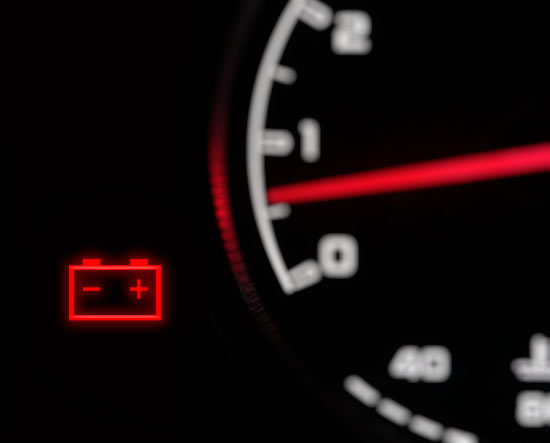
Conclusion
Do not panic if you find yourself in a situation where your warning lights are on. When you pull over, look for a safe spot to inspect your car. After a visual check, restart the vehicle.
It is recommended to have the issue investigated by a car mechanic if the lights disappear after restarting the engine.
It’s important to remember that the warning lights turn on for a reason and you should never ignore them or keep driving.

Truck driver by profession, automotive lover by heart. Ricky is the main publisher and editor at Truckile.com sharing his life-long knowledge and experience in the auto industry and truck driving!

